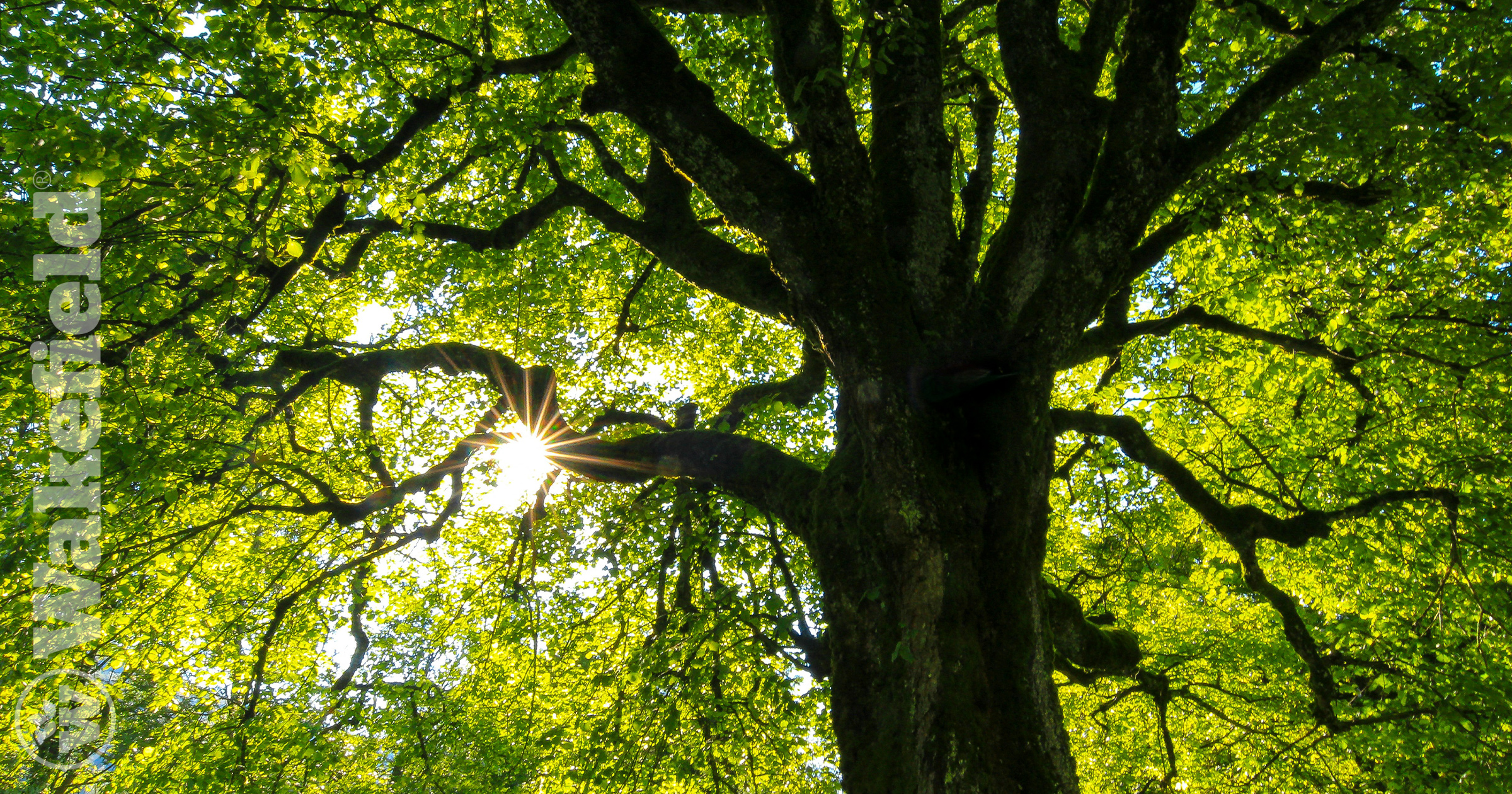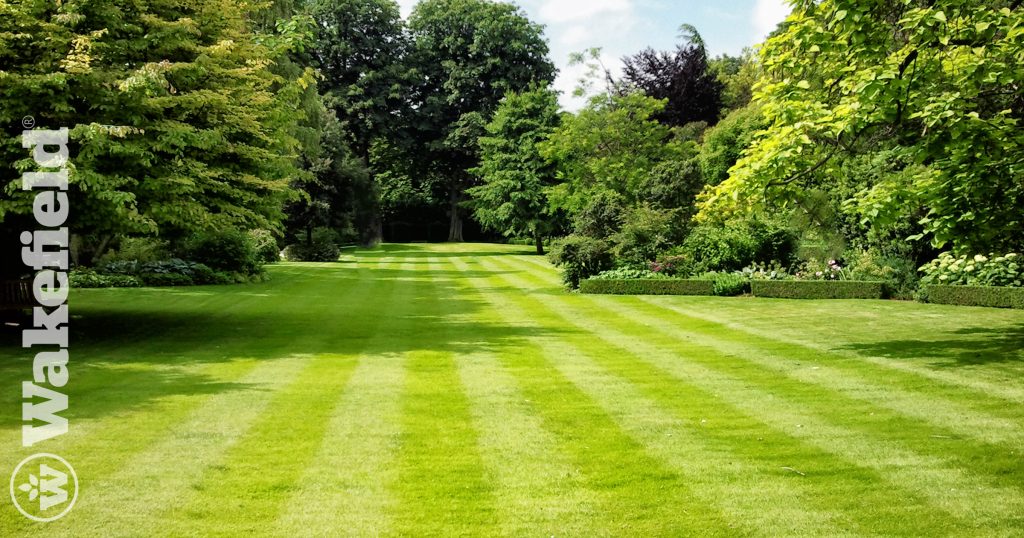How to use Biochar for Trees

Trees are vital to our ecosystem, providing oxygen, supporting wildlife, and improving air quality. However, they need nutrient-rich soil to thrive, which is often lacking in many environments. Biochar offers a natural solution to enhance tree health and growth.
Biochar’s Role in Tree Health
Biochar is a carbon-rich soil amendment that improves soil structure and retains nutrients and moisture. Wakefield BioChar offers high-quality biochar products that support tree growth in various landscapes, from rural areas to urban settings.
Key Benefits of Biochar for Trees
- Faster Growth: Trees need nutrient-rich soil to grow strong. Biochar retains essential nutrients and moisture, promoting quicker growth and helping trees reach maturity faster. This is especially important in poor soil conditions.
- Better Soil Structure: Biochar improves soil by capturing carbon, which enhances air flow around roots and retains moisture without compacting the soil. It also balances soil acidity, creating an optimal environment for tree growth.
- Erosion Control: Erosion is a major problem in many areas, especially where trees grow naturally. Biochar helps prevent erosion by holding nutrients and moisture in place and forming macroaggregates—clusters of soil particles that reduce soil loss.
- Increased Pest and Disease Resistance: Healthy soil strengthens a tree’s natural defenses. Biochar creates better soil conditions, making trees more resistant to pests and diseases. It also promotes beneficial microbes that help protect trees from harmful pathogens.
- Long-Term Nutrient Retention: Biochar remains in the soil for decades, providing long-term nutrient retention. This is especially beneficial for forest trees, reducing the need for frequent soil amendments and supporting sustained growth.
How to Use Biochar for Trees
To get the most out of biochar, apply it correctly:
- Application Ratio: Mix biochar into the soil at a 10% to 20% ratio. This ratio works well for both new and mature trees, enriching the soil for healthy growth.
- Timing: Apply biochar during the early growth stages for the best results. However, it can benefit trees at any stage, especially in urban and suburban areas with poor soil quality.
- Method: Mix biochar directly into the soil when planting new trees. For mature trees, loosen the soil around the roots before applying biochar. Combining biochar with compost is also effective, as it absorbs and holds the nutrients from compost, making them available to the tree.
The Wakefield BioChar Advantage
Wakefield BioChar products help trees thrive naturally without the risks of chemical soil amendments. By using biochar, you ensure healthier, stronger trees that contribute positively to the environment and your landscape. Whether you’re working with urban trees or managing large forested areas, biochar provides a sustainable solution for long-term tree health.







